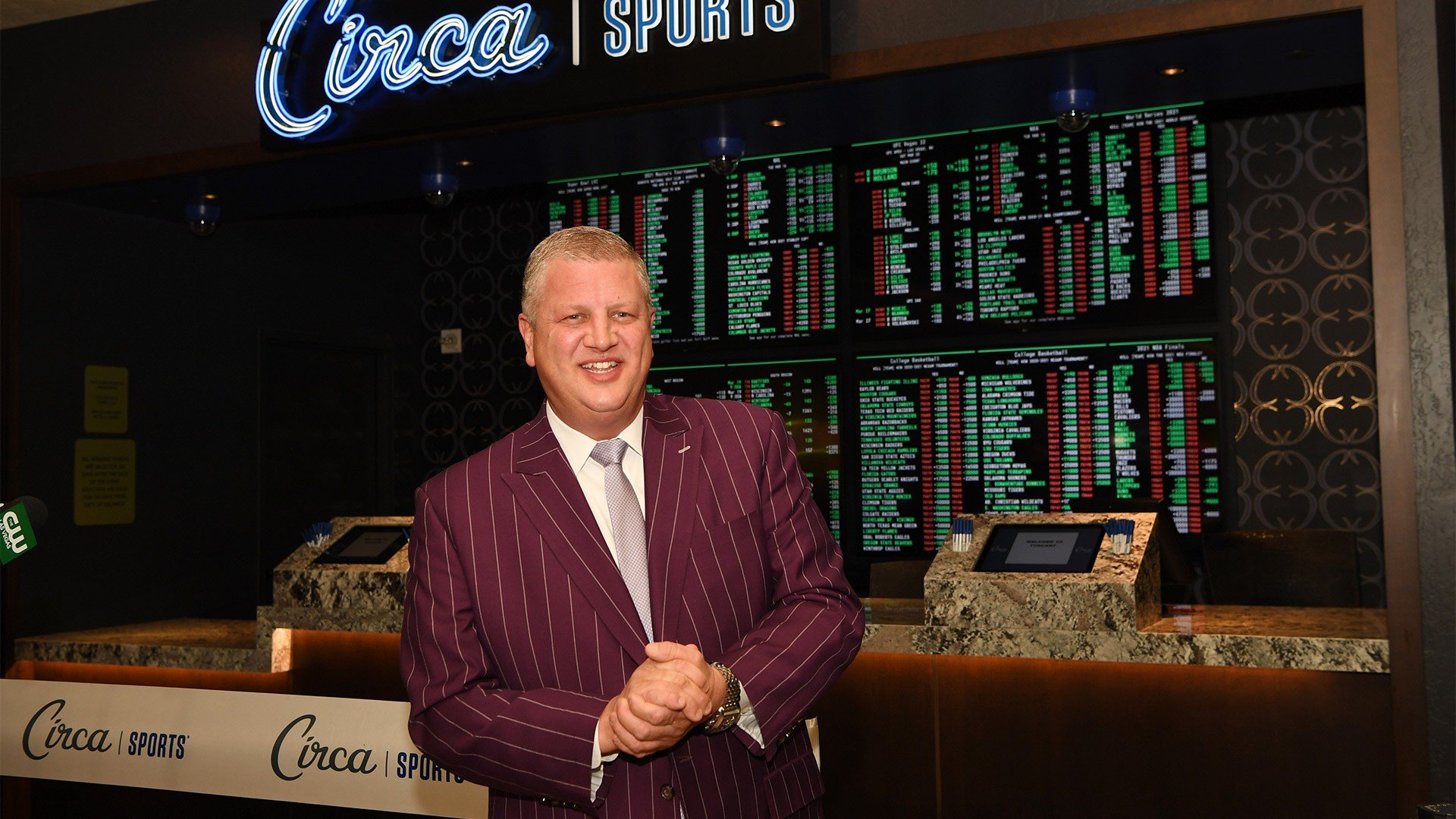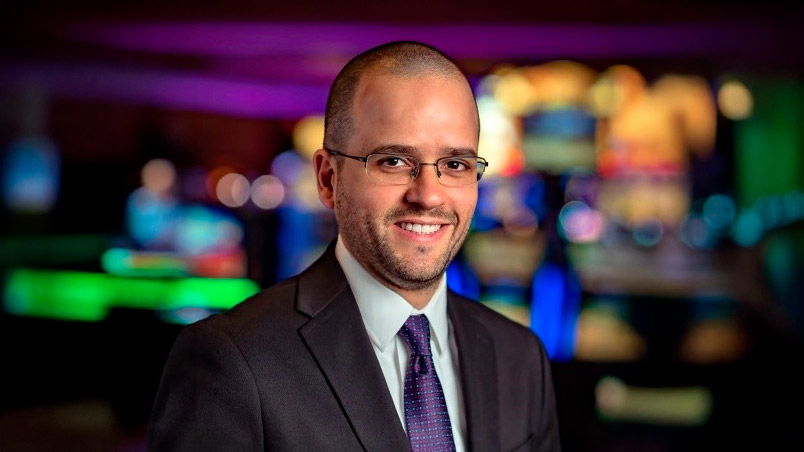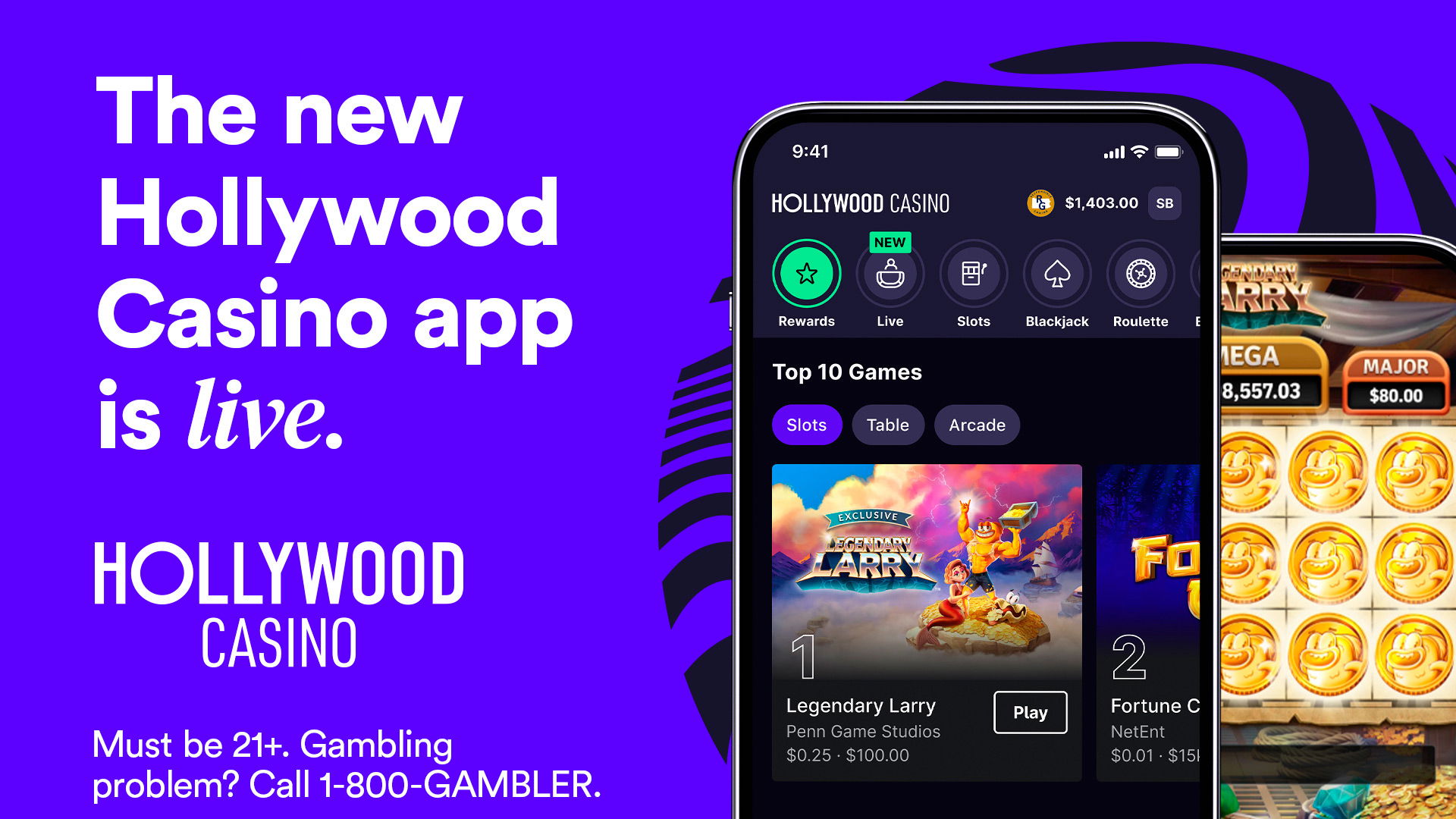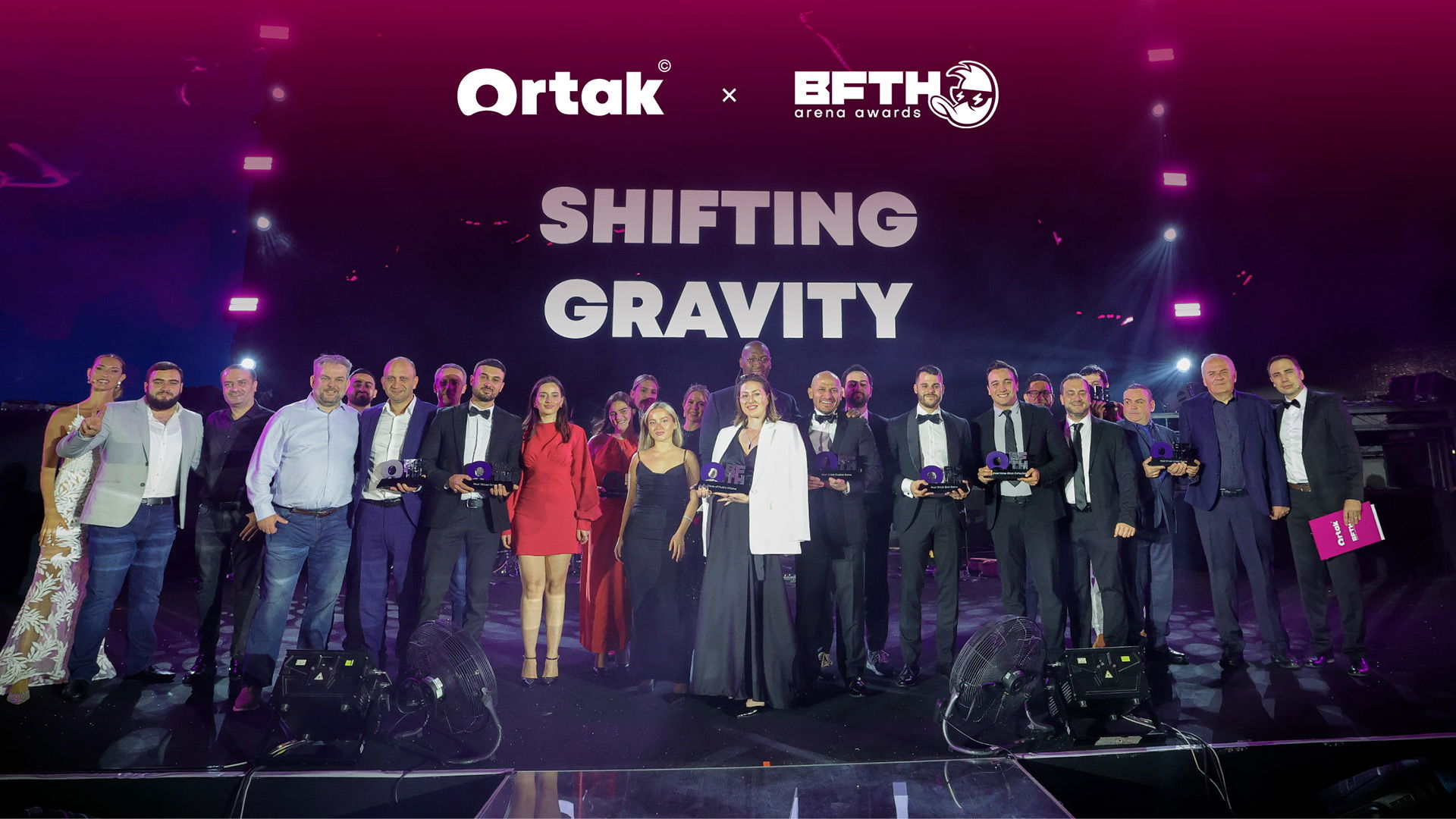Massachusetts sports betting: Horse track, simulcast center applications to be accepted on rolling basis

Massachusetts gaming regulators offered clarity on Thursday on how sports gaming applications for horse tracks and simulcast centers in the state will be handled. Regulators unanimously voted to accept applications from those establishments on a rolling basis, a split from the upcoming deadline casinos and online gaming operators face later this month.
Two businesses – Raynham Park and Sterling Suffolk Racecourse – have already filed initial paperwork with the Massachusetts Gaming Commission to kick off the sports wagering application process. They are vying for licenses under a category set aside for horse racing tracks and simulcasting facilities, called Category 2.
According to MassLive, representatives from both properties told regulators Thursday that they need more time to assess their needs, find a sportsbook partner, and solidify physical locations. Moreover, they told commissioners that they would not be able to turn in a full sports betting application by the Nov. 21 deadline regulators set for casinos and online companies.
In order to run their online and retail betting operations, both Sterling Suffolk Racecourse and Raynham Park will need to ink a deal with a sportsbook. Rimon Law Attorney Steve Eichel, who represents Raynham Park, said Thursday the company is “within a couple of weeks, hopefully, or less” from naming a sportsbook partnership, according to the cited source.
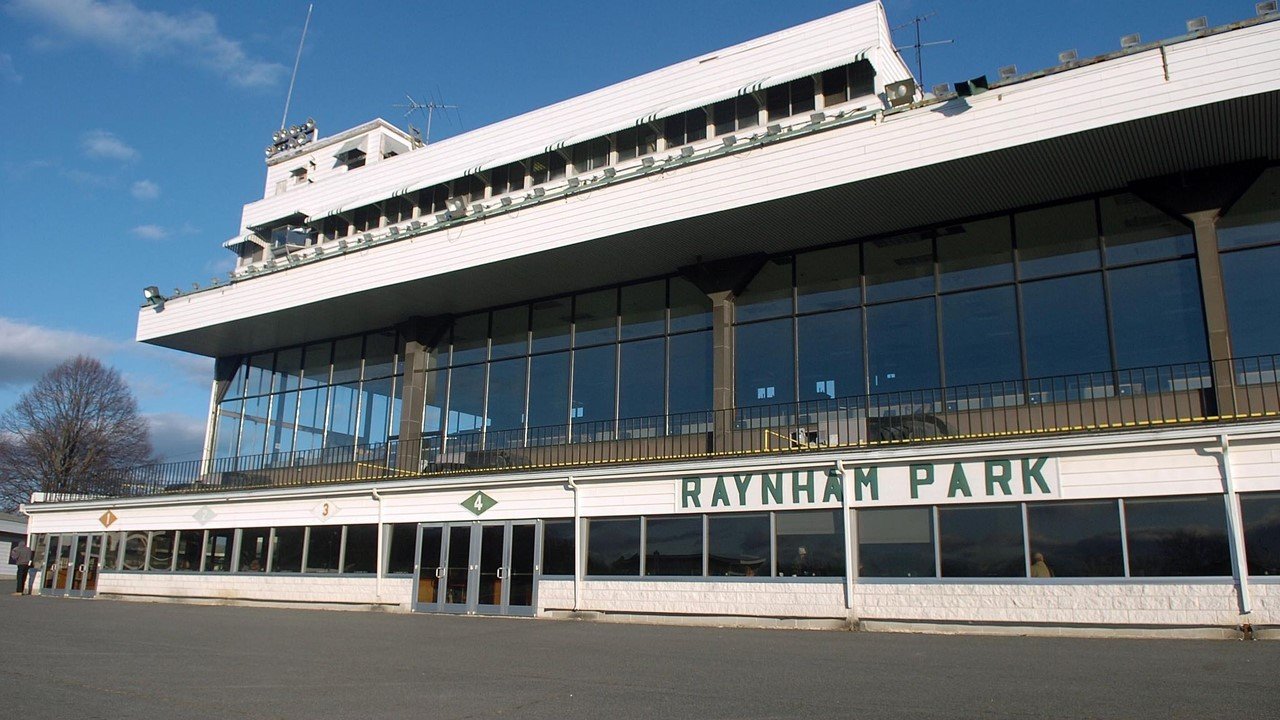
“We are negotiating term sheets and trying to finalize those negotiations with a couple of potential, I should say several potential operators,” Eichel said. Meanwhile, DLA Piper Attorney Bruce Barnett, who represents Sterling Suffolk Racecourse, said the business is “not in a position” to present “anything resembling a full application” by Nov. 21.
“We’ve been communicating, in talks with various top-of-the-line operators. Because of the sort of strategic and competitive sensitivities, we don’t feel like we can give a lot of detail about exactly what’s happening [with] negotiations, but we’re moving forward,” Barnett said. “We are hopeful of having something soon that we can sort of bring to the public.”
While Raynham Park is building out a 30,000-square-foot gaming facility in Bristol County that will house retail sports betting, Sterling Suffolk Racecourse still needs to find a physical location. Suffolk Downs plans to have news soon on that front, while Raynham Park expects to have its new retail sportsbook completed in March, reports Charlotte Observer.
Fee structure clarified
The Commission, in its unanimous 5-0 vote, also clarified the fee structure for all operators. The MGC ruled that every license holder in each category has to pay their own $5 million license fee, which will allow a sportsbook to operate in the Bay State for five years. Raynham Park and Suffolk Downs can both partner with up to one online sports betting operator after they receive a Category 2 sports betting license.
Eichel questioned whether a Category 2 operator would have to pay a separate fee for each of the retail and mobile operating licenses, which would total $10 million, or if an online sports betting operator was included under the umbrella of the Category 2 license. The Commission voted to require that every license holder pay the fee.
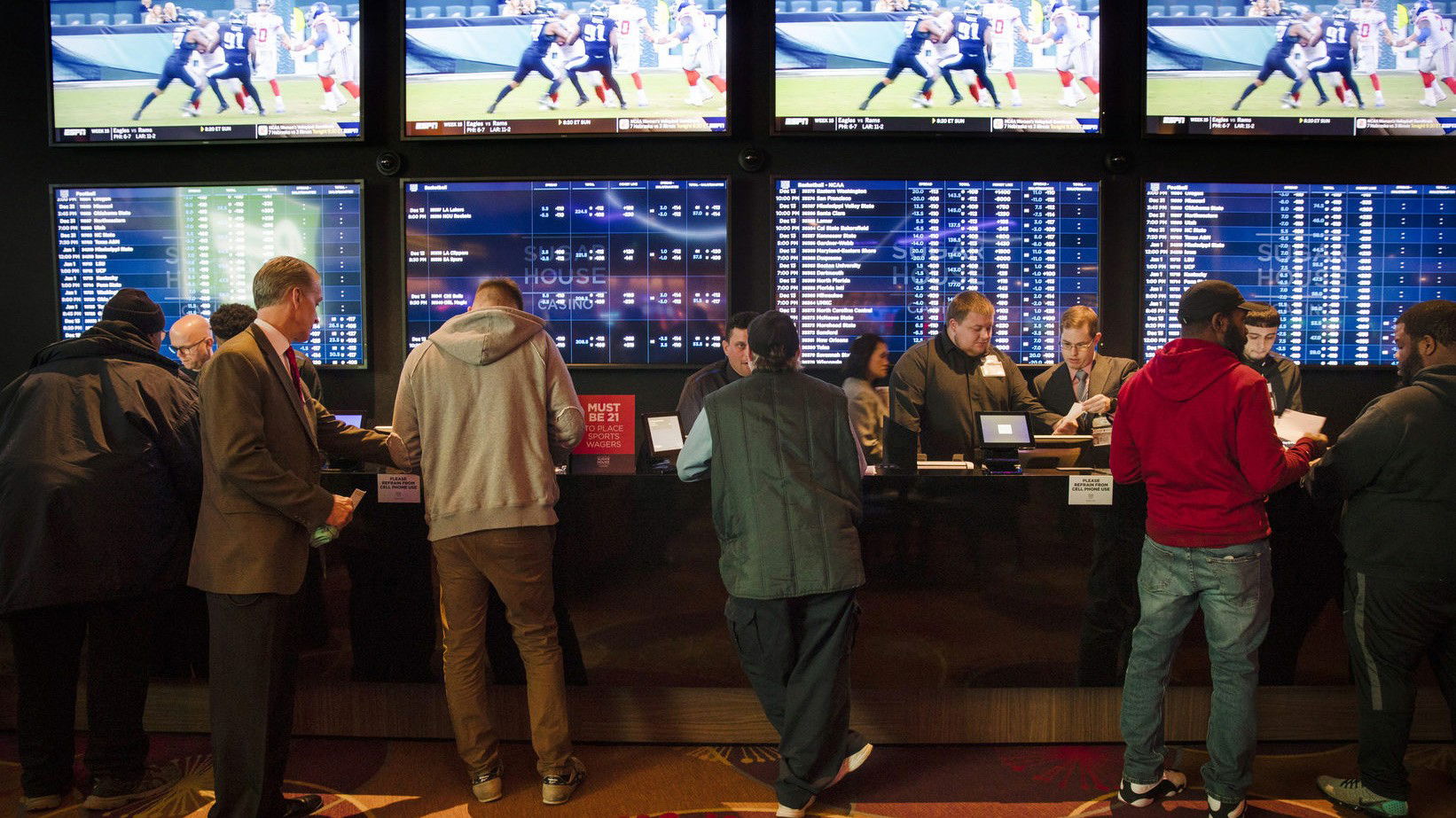
Commission General Counsel Todd Grossman said there is a little disagreement about paying a $5 million fee to obtain a sports betting license, notes MassLive. That means the heart of the inquiry, he said, is who has to get a sports betting license and defining the term “qualified gaming entity.”
“There is no, if you will, in-house operation of a mobile operation. Any mobile operator has to have a category three license,” he explained. “And in this case, what that means is that operator has to pay the $5 million fee in order to get their category three license once they have their license. They can then run a category two, or category one for that matter, mobile operation.”
“It’s not that any one entity is paying a fee twice. It’s that everyone who requires licensure has to pay the fee once and that is what I believe the law says.” Thus, the Commission ruled that each partner will have to pay a separate $5 million fee in any partnership arrangement. For instance, should Raynham Park partner with a mobile sportsbook, it would have to pay $5 million for its retail Category 2 sportsbook and its partner would pay another $5 million for its mobile license
Launch getting closer
Commissioners voted last month to approve a late January launch for retail betting at casinos and an early March start for online wagering, while leaving room to push the dates back if more time is needed to sort out regulations and the application process.
The application process for both in-person betting at casinos and online licenses not tethered to brick-and-mortar operations is well underway, with a large number of companies indicating their interest in applying for licenses last month through an initial survey ahead of the applications deadline.
On Thursday, regulators also approved six regulations that make up the “sports wagering operator licensing framework,” which includes rules around licensing fees, temporary licensing procedures, and suitability determinations, among other issues.
The Gaming Commission also discussed at length a regulation preventing minors and underage youth from sports betting, but pushed off a vote on the regulation, deciding to take it up again next week after a commissioner asked for more time to review language around access to kiosks.



